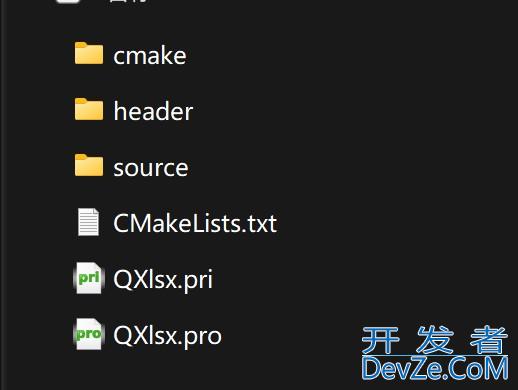Netty进阶之ChannelPoolMap源码解析
目录
- 前言
- 一、ChannelPoolMap接口源码分析
- 二、AbstractChannelPoolMap抽象实现类
- 1.get方法分析
- 2.remove方法分析
前言
ChannelPoolMap是用来存储ChannelPool和指定key的一个集合Map,实际的应用场景就是服务器端是一个分布式集群服务,拥有多个配置地址,这样我们就可以配置多个服务地址,减轻单台服务器的压力;Netty框架提供了ChannelPoolMap接口和AbstractChannelPoolMap抽象方法。
一、ChannelPoolMap接口源码分析
package io.netty.channel.pool;
/**
* Allows to map {@link ChannelPool} implementations to a specific key.
*
android * @param <K> the type of the key
* @param <P> the tyhttp://www.devze.compe of the {@link ChannelPool}
*/
public interface ChannelPoolMap<K, P extends ChannelPool> {
/**
* Return the {@link ChannelPool} for the {@code code}. This will never return {@code null},
* but create a new {@link ChannelPool} if non exists for they requested {@code key}.
*
* Please note that {@code null} keys are not allowed.
*/
P get(K key);
/**
* Returns {@code true} if a {@link ChannelPool} exists for the given {@code key}.
*
* Please note that {@code null} keys are not allowed.
*/
boolean contains(K key);
}
接口提供了两个方法,get方法用于获取指定key对应的ChannelPool,contains方法用来判定Map集合中是否存在指定key对应的ChannelPool。
二、AbstractChannelPoolMap抽象实现类
1.get方法分析
private final ConcurrentMap<K, P> map = PlatformDependent.newConcurrentHashMap();
@Override
public final P get(K kwQlGnBgyey) {
//获取ChannelPool
P pool = map.get(checkNotNull(key, "key"));
if (pool == null) {
//创建一个新的ChannelPool
pool = newpool(key);
//如果集合中存在ChannelPool,则返回老的ChannelPool对象
P old = map.putIfAbsent(key, pool);
//若果老的ChannelPool真实存在
if (old != null) {
//异步销毁新创建的ChannelPool
// We need to destroy the newly created pool as we not use it.
poolCloseAsyncIfSupported(pool);
pool = old;
}
}
return pool;
}
- 定义了一个ConcurrentMap类型的map类变量,用来存放key及其对应的ChannelPool;
- 首先会从集合中获取ChannelPool,如果不存在则创建一个新的ChannelPool;
/**
* Called once a new {@link ChannelPool} needs to be created as non exists yet for the {@code key}.
*/
protected abstract P newPool(K key);
newPool方法是一个抽象方法,需要用户自己实现ChannelPool的创建操作;
/**
* If the pool implementation supports asynchronous close, then use it to avoid a blocking close call in case
* the ChannelPoolMap operations are called from an EventLoop.
*
* @param pool the ChannelPool to be closed
*/
private static Future<Void> poolCloseAsyncIfSupported(ChannelPool pool) {
if (pool instanceof SimpleChannelPool) {
return ((SimpleChannelPool) pool).closeAsync();
编程 } else {
try {
pool.close();
return GlobalEventExecutor.INSTANCE.newSucceededFuture(null);
javascript } catch (Exception e) {
return GlobalEventExecutor.INSTANCE.newFailedFuture(e);
}
}
}
异步关闭ChannelPool,如果是SimpleChannelPool的实现,则调用异步方法closeAsync;如果是其它实现,则调用close方法。
2.remove方法分析
public final boolean remove(K key) {
//移除指定key的ChannelPool
P pool = map.remove(checkNotNull(key, "key"));
if (pool != null) {
//如果移除成功,则异步的关闭ChannelPool,避免阻塞方法
poolCloseAsyncIfSupported(pool);
return true;
}
return false;
}
到此这篇关于Netty进阶之ChannelPoolMap源码解析的文章就介绍到这了,更多相关ChannelPoolMap源码内容请搜索编程客栈(www.devze.com)以前的文章或继续浏览下面的相关文章希望大家以后多多支持编程客栈(www.devze.com)!






 加载中,请稍侯......
加载中,请稍侯......
精彩评论